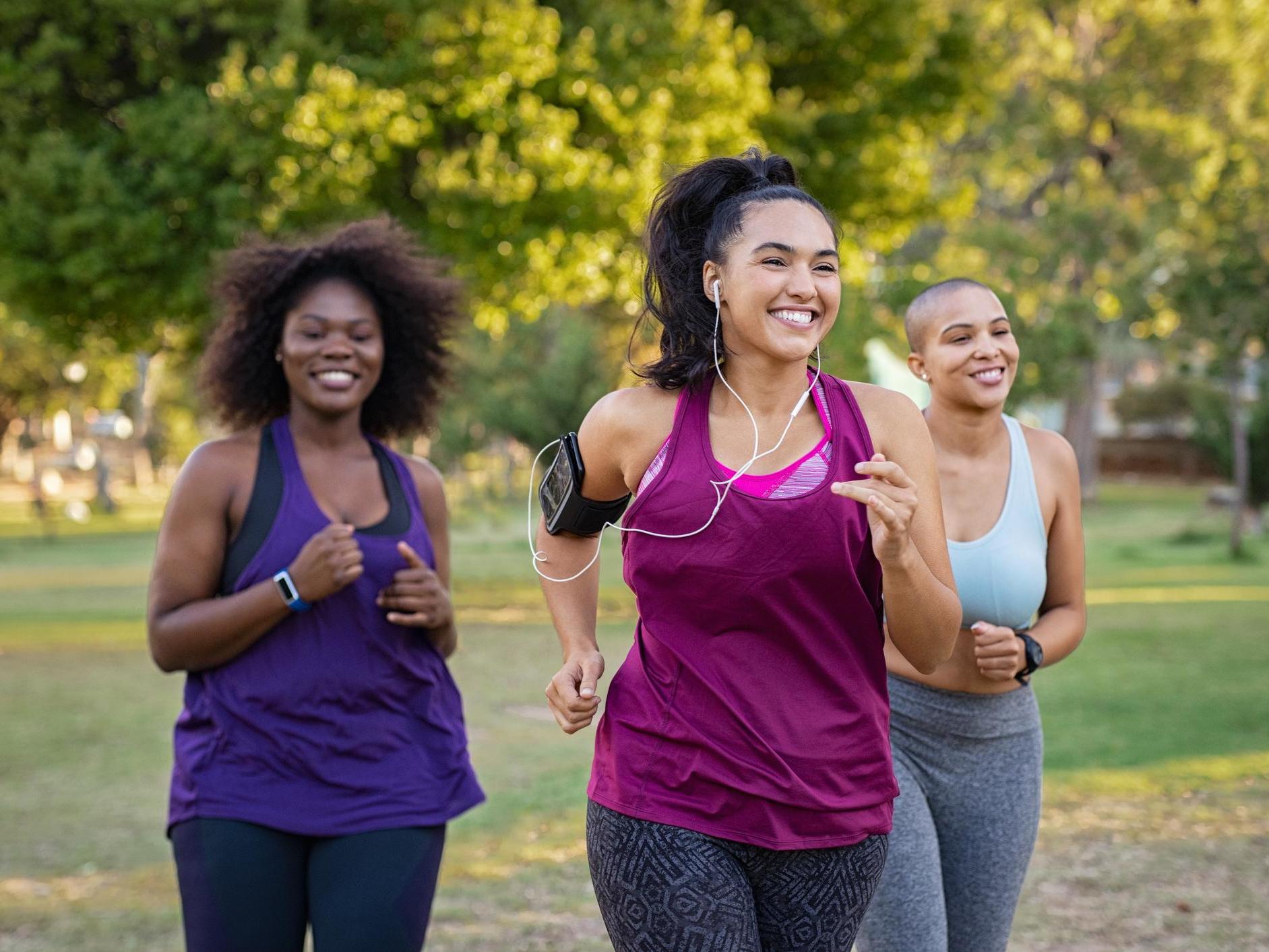Even first-time marathon runners enjoy health benefits, study finds
Research shows that benefits include reduced blood pressure and arterial stiffness

Your support helps us to tell the story
From reproductive rights to climate change to Big Tech, The Independent is on the ground when the story is developing. Whether it's investigating the financials of Elon Musk's pro-Trump PAC or producing our latest documentary, 'The A Word', which shines a light on the American women fighting for reproductive rights, we know how important it is to parse out the facts from the messaging.
At such a critical moment in US history, we need reporters on the ground. Your donation allows us to keep sending journalists to speak to both sides of the story.
The Independent is trusted by Americans across the entire political spectrum. And unlike many other quality news outlets, we choose not to lock Americans out of our reporting and analysis with paywalls. We believe quality journalism should be available to everyone, paid for by those who can afford it.
Your support makes all the difference.As the world rolls into the new year, many of us will be setting ambitious resolutions, like running a marathon for the first time.
It might seem daunting – particularly for those who don’t consider themselves runners – but new research has found that first-time marathon runners enjoy a range of health benefits that could make it worth it.
According to a study led by Barts Health NHS Trust and University College London, you don't have to be a seasoned marathon runner to see major advantages, finding that those running a marathon for the first time could reduce their blood pressure and the stiffening of the arterial wall, which, when too thick, can increase the risk of stroke.
The research, published in the Journal of American College of Cardiology, found that the combination of marathon training and completion also benefited participants by reducing their vascular age (the age of your arteries) by four years, so long as they were healthy prior to beginning training.
The greatest benefits were recorded in older male marathon runners with a higher baseline blood pressure and those who ran slower marathon times.
For the study, researchers looked at data from a group of 138 healthy, first-time marathon runners who completed the London Marathon in either 2016 or 2017.
Participants did not have any significant cardiac history and were, on average, running less than two hours a week for their training.
The average participant was 37 years old and the gender balance was split equally between men and women.
Every person included in the study had health checks before they started their marathon training, which lasted for six months. The same tests were then repeated within three weeks of participants having completed the race.
Tests included blood pressure measurements, measurements of aortic stiffness by cardiovascular magnetic resonance imaging (MRI) and the determination of their vascular age.
In terms of the average times for completion, researchers found the men completed the marathon in four hours and 30 minutes while women did the same in five hours and 40 minutes.
Dr Charlotte Manisty from Barts Heart Centre and University College London commented: “As clinicians are meeting with patients in the new year, making a goal-oriented exercise training recommendation – such as signing up for a marathon or fun-run – may be a good motivator for our patients to keep active.
“Our study highlights the importance of lifestyle modifications to slow the risks associated with ageing, especially as it appears to never be too late as evidenced by our older, slower runners.”
Dr Manisty added that the research also suggests it is possible to reverse the consequences of ageing blood vessels with just six months’ training.
“These benefits were observed in overall healthy individuals across a broad age range and their marathon times are suggestive of achievable exercise training in novice participants,” she said.
Join our commenting forum
Join thought-provoking conversations, follow other Independent readers and see their replies
Comments